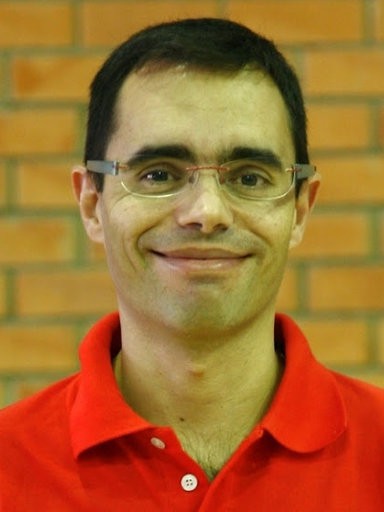abstract
The high alkali content bioactive glasses commonly used to regenerate bone in dental, orthopedic, and maxillofacial surgeries induce some cytotoxicity in surrounding tissues. The present study aims the ability of some alkali-free bioactive glasses compositions, recently developed by our research group, to stimulate human mesenchymal stem cells (hMSCs) differentiation into osteoblasts in comparison to 45S5 Bioglass((R)). The obtained results demonstrated that alkali-free bioactive glasses possess higher stimulating towards differentiation of hMSCs in comparison to the control 45S5 Bioglass((R)). The von Kossa assay demonstrated that all bioactive glasses studied were able to induce the appearance of calcium deposits even when the cells were cultured in DMEM, proving that these biomaterials per se induce hMSCs cell differentiation. It was also observed that in both cell culture medium used (DMEM, and osteogenesis differentiation medium) alkali-free bioactive glasses clearly induced the appearance of more calcium deposits than the 45S5 Bioglass((R)), indicating their greater ability to induce cell differentiation. In summary, these results indicate that alkali-free bioactive glasses are a safe and valid alternative to 45S5 Bioglass((R)). (C) 2016 Wiley Periodicals, Inc.
keywords
MESENCHYMAL STROMAL CELLS; PHOSPHOSILICATE GLASSES; ZINC; STRONTIUM; BEHAVIOR; BIODEGRADATION
subject category
Engineering; Materials Science
authors
Brito, AF; Antunes, B; dos Santos, F; Fernandes, HR; Ferreira, JMF
our authors
Groups
G3 - Electrochemical Materials, Interfaces and Coatings
G5 - Biomimetic, Biological and Living Materials
acknowledgements
The authors are grateful to Dr. Ana Catarina Mamede (IBILI-FMUC) for her technical assistance with statistical analysis. Thanks are due to CICECO-Aveiro Institute of Materials (UID/CTM/50011/2013) project funded by FEDER funds through the Operational Programme Competitiveness Factors (COMPETE 2020) and the Portuguese Foundation for Science and Technology (FCT). Hugo R. Fernandes also acknowledges the FCT for the post-doctoral grant (SFRH/BPD/86275/2012).



